Edmund Morgan
A free daily email with the biggest news stories of the day – and the best features from TheWeek.com
You are now subscribed
Your newsletter sign-up was successful
Historian Edmund S. Morgan is the author of the 2002 best-seller Benjamin Franklin. He says his latest book, The Genuine Article, “amounts to an intellectual autobiography” of his scholarly career.
The New England Mind: The Seventeenth Century by Perry Miller (Belknap, $28). Miller made me take seriously the ideas of the New England Puritans, who looked at the world in a very different way from myself or anyone I knew. Writing with extraordinary clarity and resonance about a highly complex system of thought, Miller shows how compelling religious beliefs can be in determining human behavior at any time or place.
The Protestant Ethic and the Spirit of Capitalism by Max Weber (Routledge, $16). Despite the numerous criticisms of this book, it first showed me and others the links between religion and economic behavior.
The Week
Escape your echo chamber. Get the facts behind the news, plus analysis from multiple perspectives.

Sign up for The Week's Free Newsletters
From our morning news briefing to a weekly Good News Newsletter, get the best of The Week delivered directly to your inbox.
From our morning news briefing to a weekly Good News Newsletter, get the best of The Week delivered directly to your inbox.
The Gift: The Form and Reason for Exchange in Archaic Societies by Marcel Mauss (W.W. Norton, $14). I discovered this 50-year-old book only late in life, but it showed me the surprisingly large role that gifts play in human relationships in all societies.
A Land by Jacquetta Hawkes (Beacon, $15). This 1952 book taught me to look at landscape as part of history. Hawkes connects human history with geological and geographical history, showing us how distinct geological formations and the building materials obtained from them have affected the character of different historical times and styles of building.
The World We Have Lost by Peter Laslett (Routledge, $22). Laslett’s 1965 study opened up for me new ways of discovering the patterns of human relationships before the Industrial Revolution. By determining the size of families, when people married, how long they could expect to live, and other vital statistics for earlier ages, Laslett gives us new perspectives on a way of life that differs significantly from our own in its conceptions of time, labor, productive activity, and family ties.
American National Biography
A free daily email with the biggest news stories of the day – and the best features from TheWeek.com
-
 ‘Longevity fixation syndrome’: the allure of eternal youth
‘Longevity fixation syndrome’: the allure of eternal youthIn The Spotlight Obsession with beating biological clock identified as damaging new addiction
-
 How corrupt is the UK?
How corrupt is the UK?The Explainer Decline in standards ‘risks becoming a defining feature of our political culture’ as Britain falls to lowest ever score on global index
-
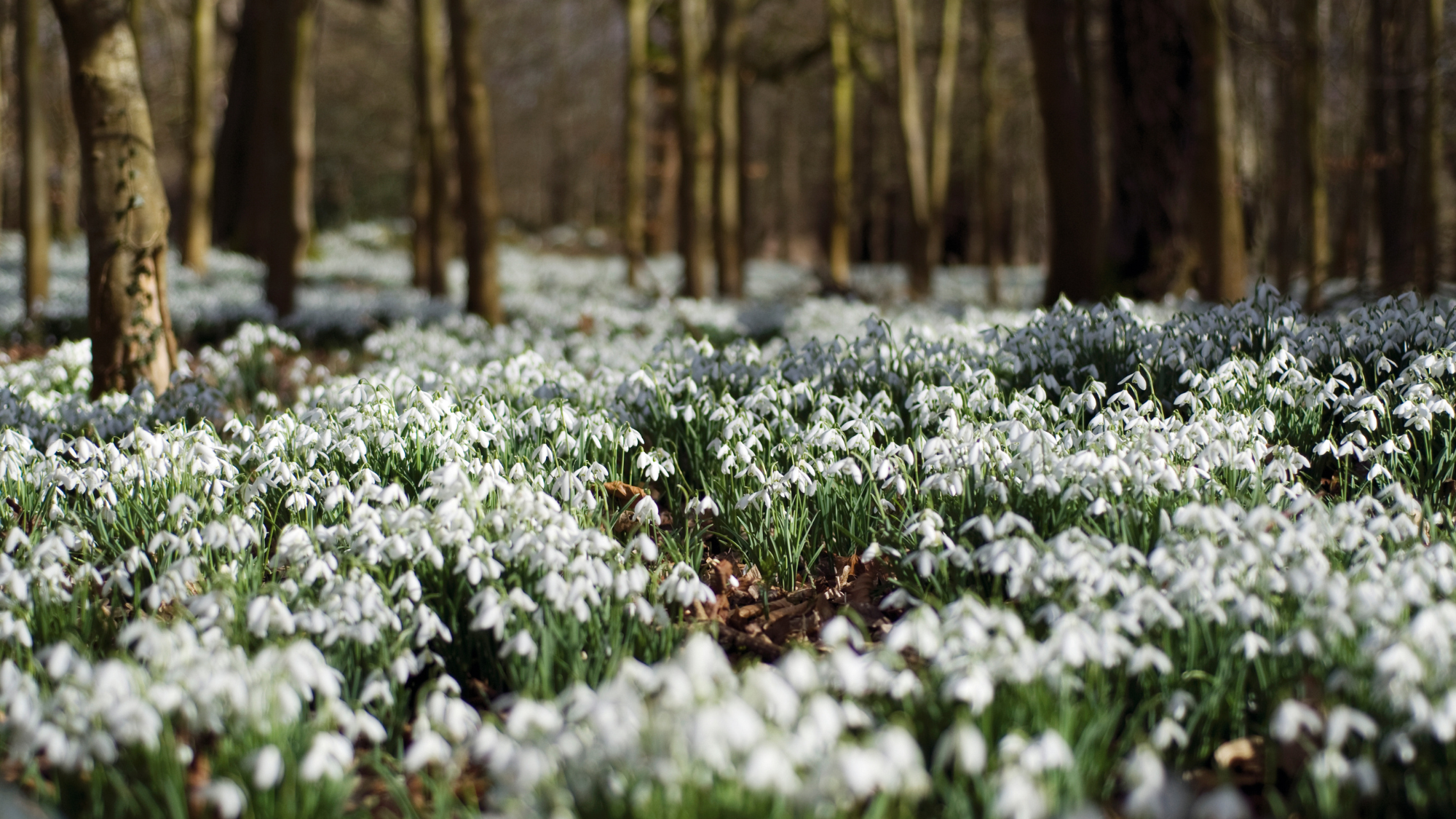 Best places to find snowdrops in the UK
Best places to find snowdrops in the UKThe Week Recommends The snowdrop season is upon us, with ‘blankets’ of the beautiful bloom signalling that spring is on its way
-
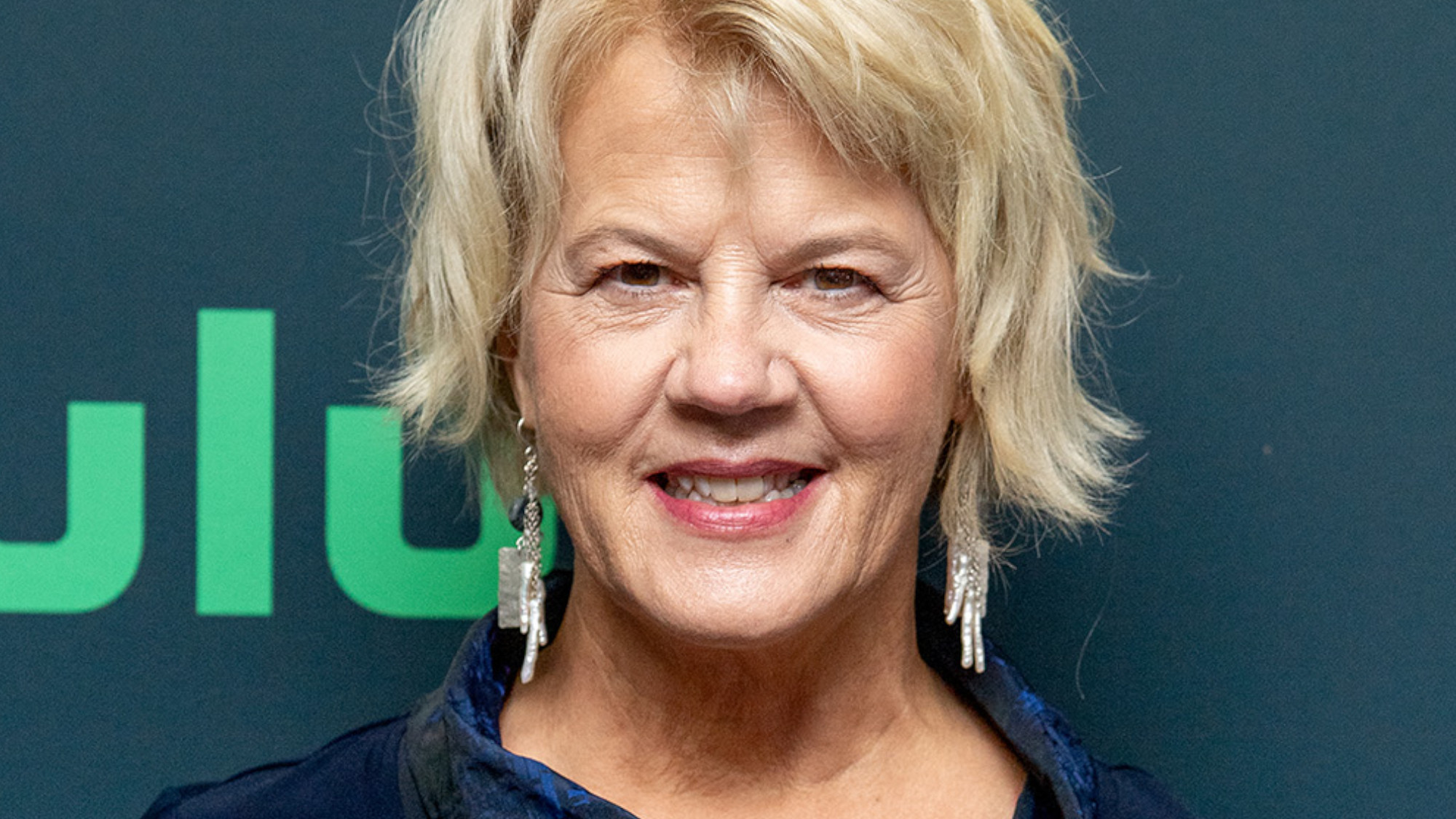 Beth Macy’s 6 favorite books about living in a divided nation
Beth Macy’s 6 favorite books about living in a divided nationFeature The journalist recommends works by Nicholas Buccola, Matthew Desmond, and more
-
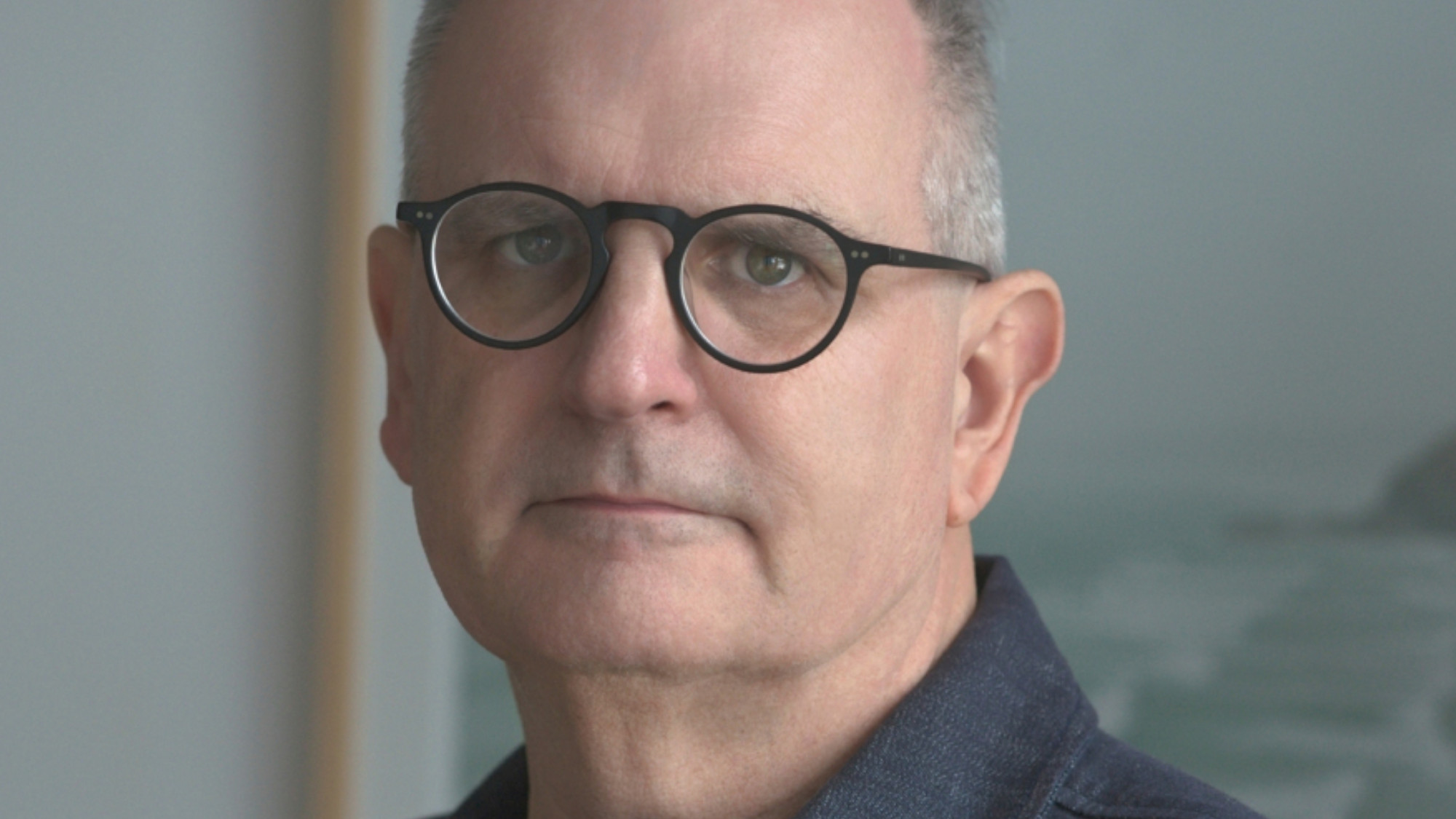 Gilbert King’s 6 favorite books about the search for justice
Gilbert King’s 6 favorite books about the search for justiceFeature The journalist recommends works by Bryan Stevenson, David Grann, and more
-
 Nathan Harris’ 6 favorite books that turn adventures into revelations
Nathan Harris’ 6 favorite books that turn adventures into revelationsFeature The author recommends works by Kazuo Ishiguro, Ian McGuire, and more
-
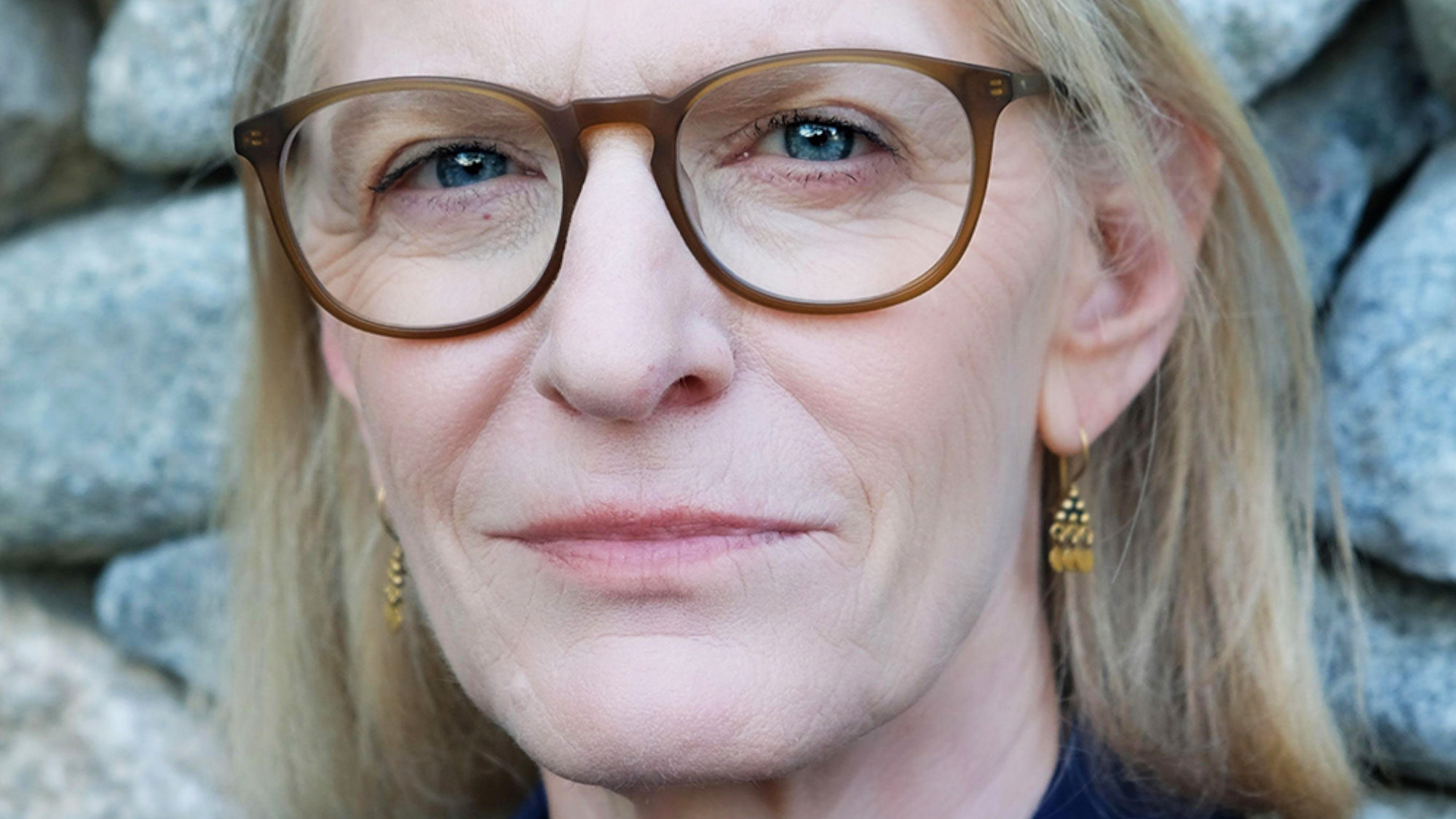 Marisa Silver’s 6 favorite books that capture a lifetime
Marisa Silver’s 6 favorite books that capture a lifetimeFeature The author recommends works by John Williams, Ian McEwan, and more
-
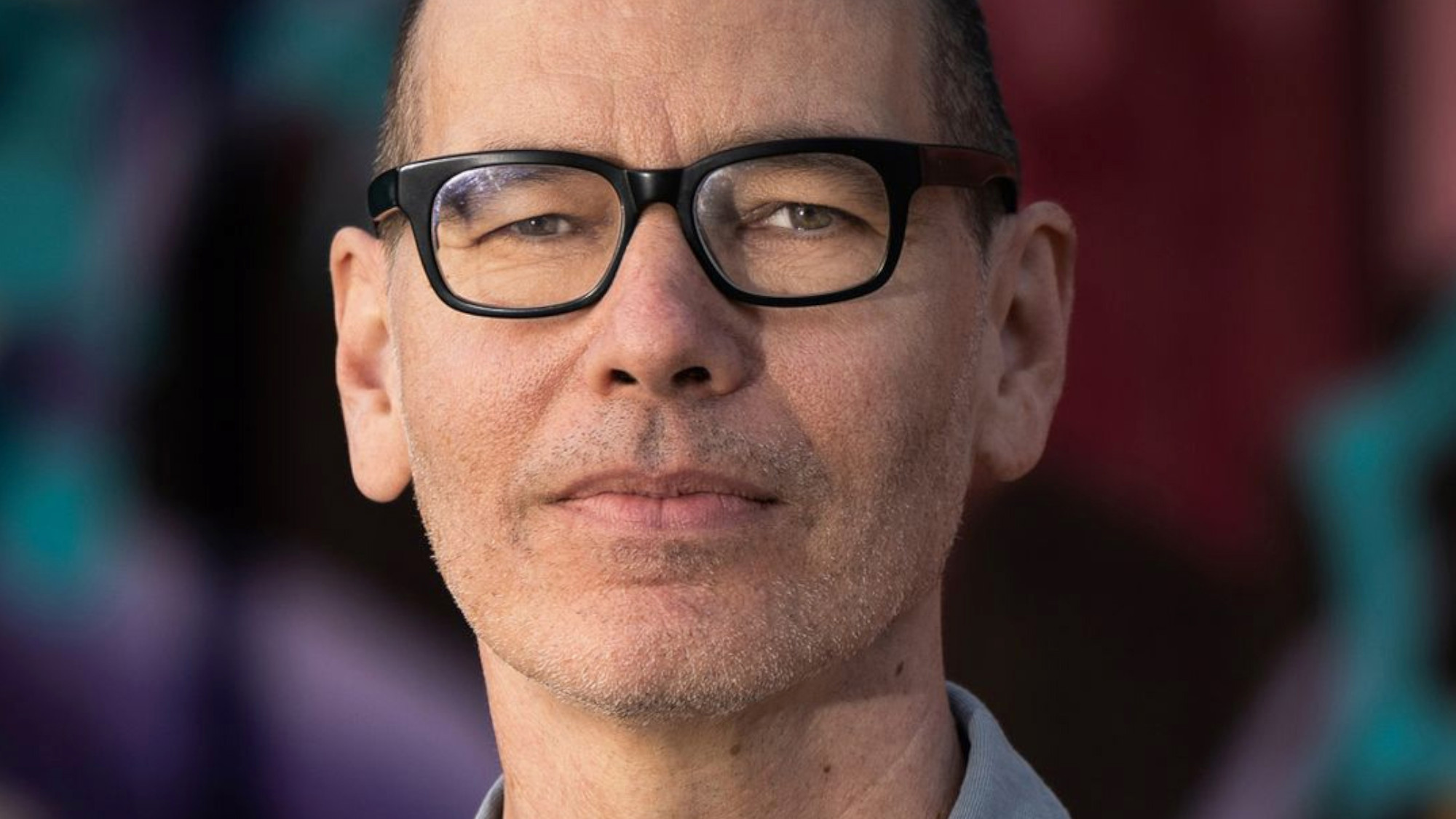 Lou Berney’s 6 favorite books with powerful storytelling
Lou Berney’s 6 favorite books with powerful storytellingFeature The award-winning author recommends works by Dorothy B. Hughes, James McBride, and more
-
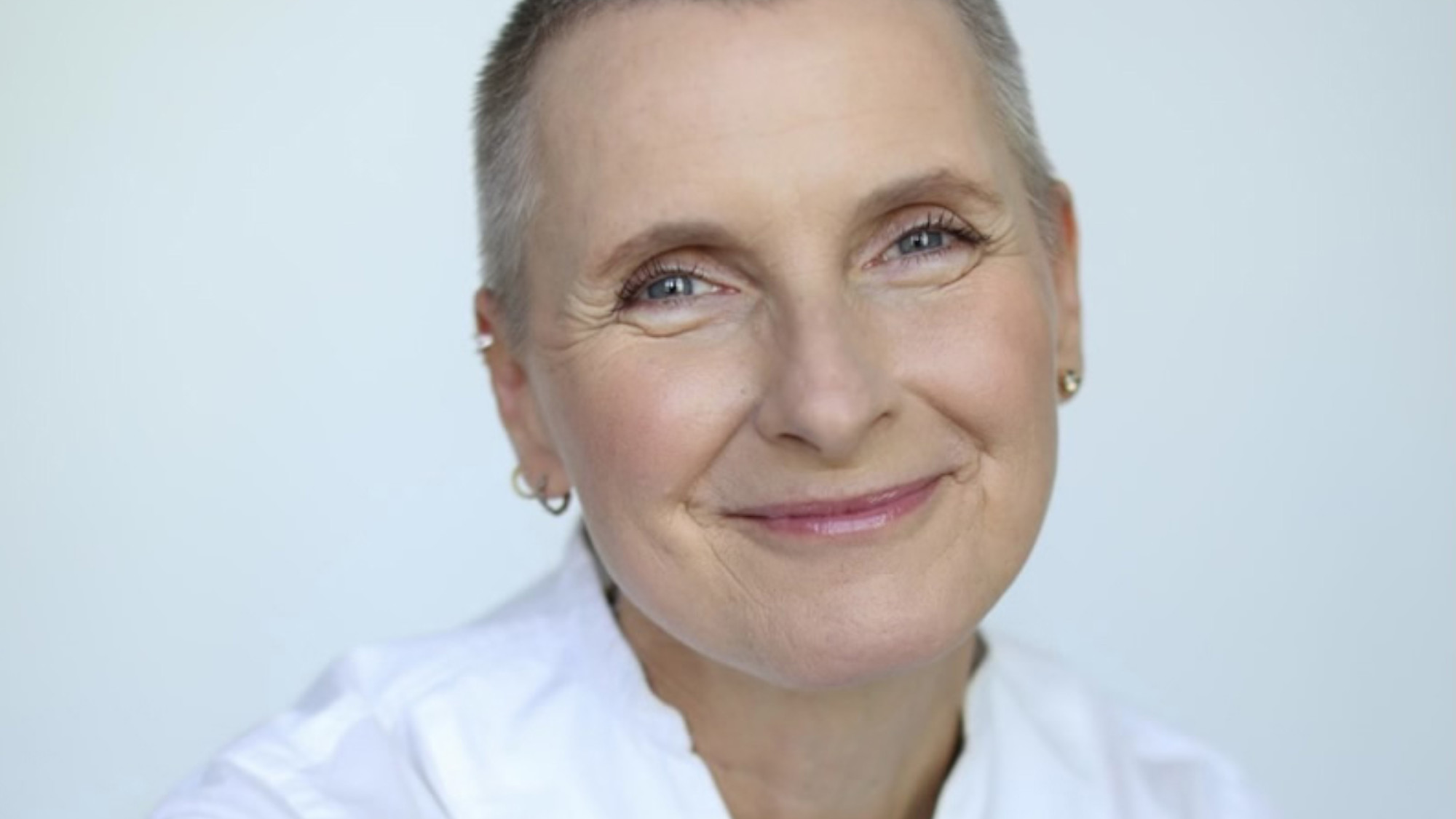 Elizabeth Gilbert’s favorite books about women overcoming difficulties
Elizabeth Gilbert’s favorite books about women overcoming difficultiesFeature The author recommends works by Tove Jansson, Lauren Groff, and more
-
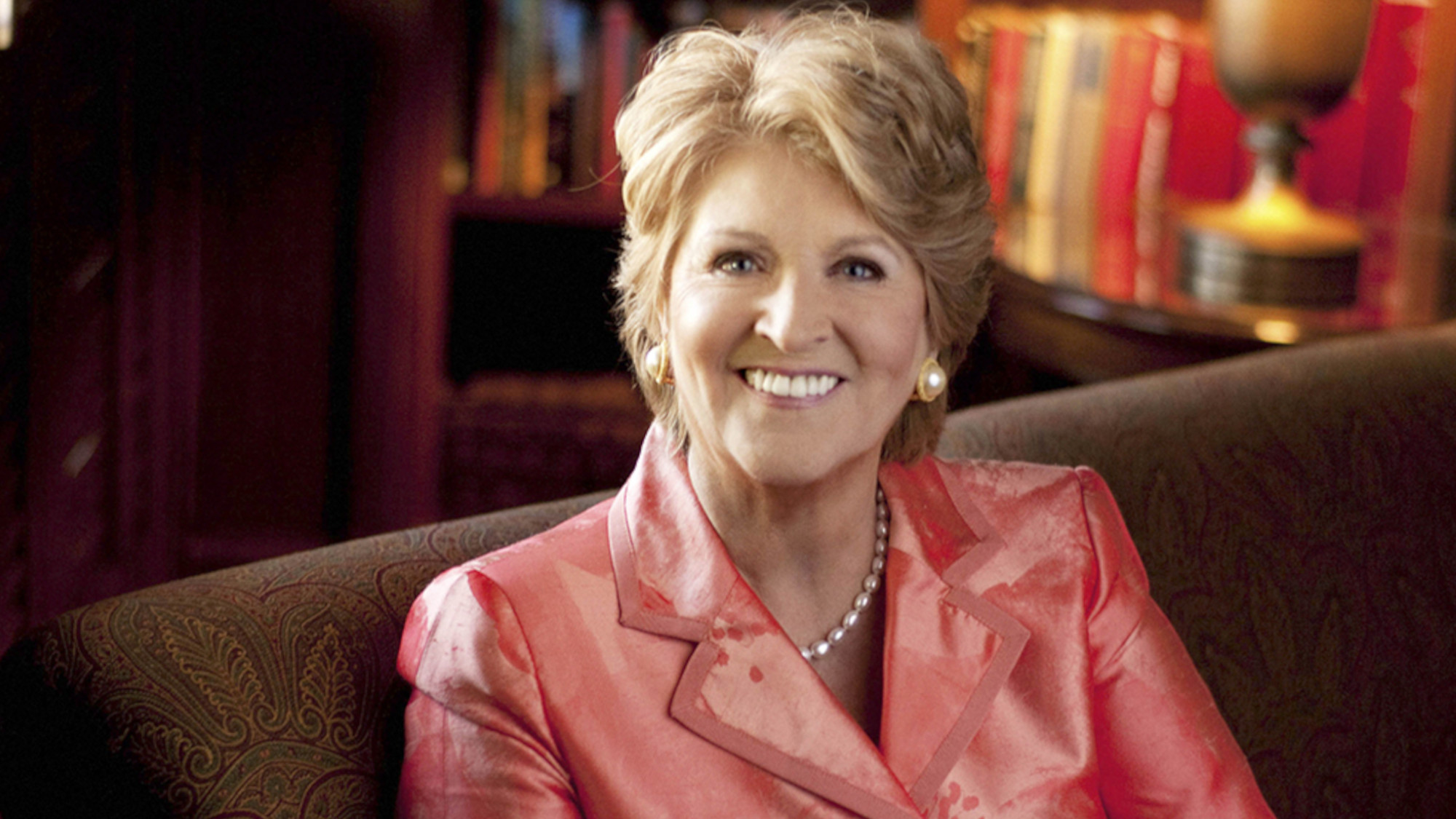 Fannie Flagg’s 6 favorite books that sparked her imagination
Fannie Flagg’s 6 favorite books that sparked her imaginationFeature The author recommends works by Johanna Spyri, John Steinbeck, and more
-
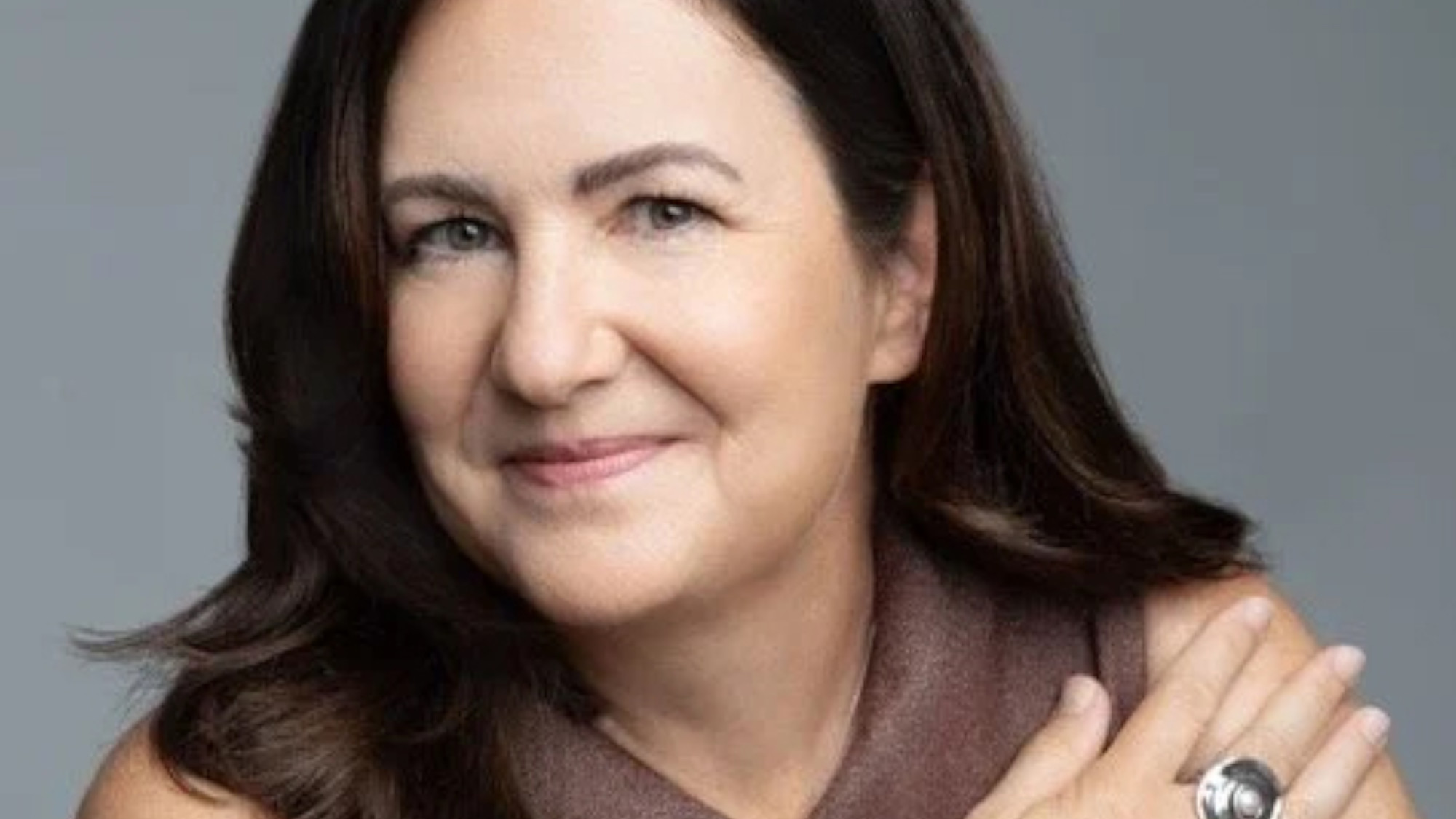 Jessica Francis Kane's 6 favorite books that prove less is more
Jessica Francis Kane's 6 favorite books that prove less is moreFeature The author recommends works by Penelope Fitzgerald, Marie-Helene Bertino, and more